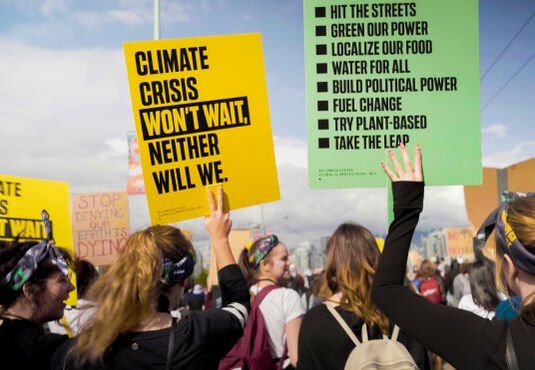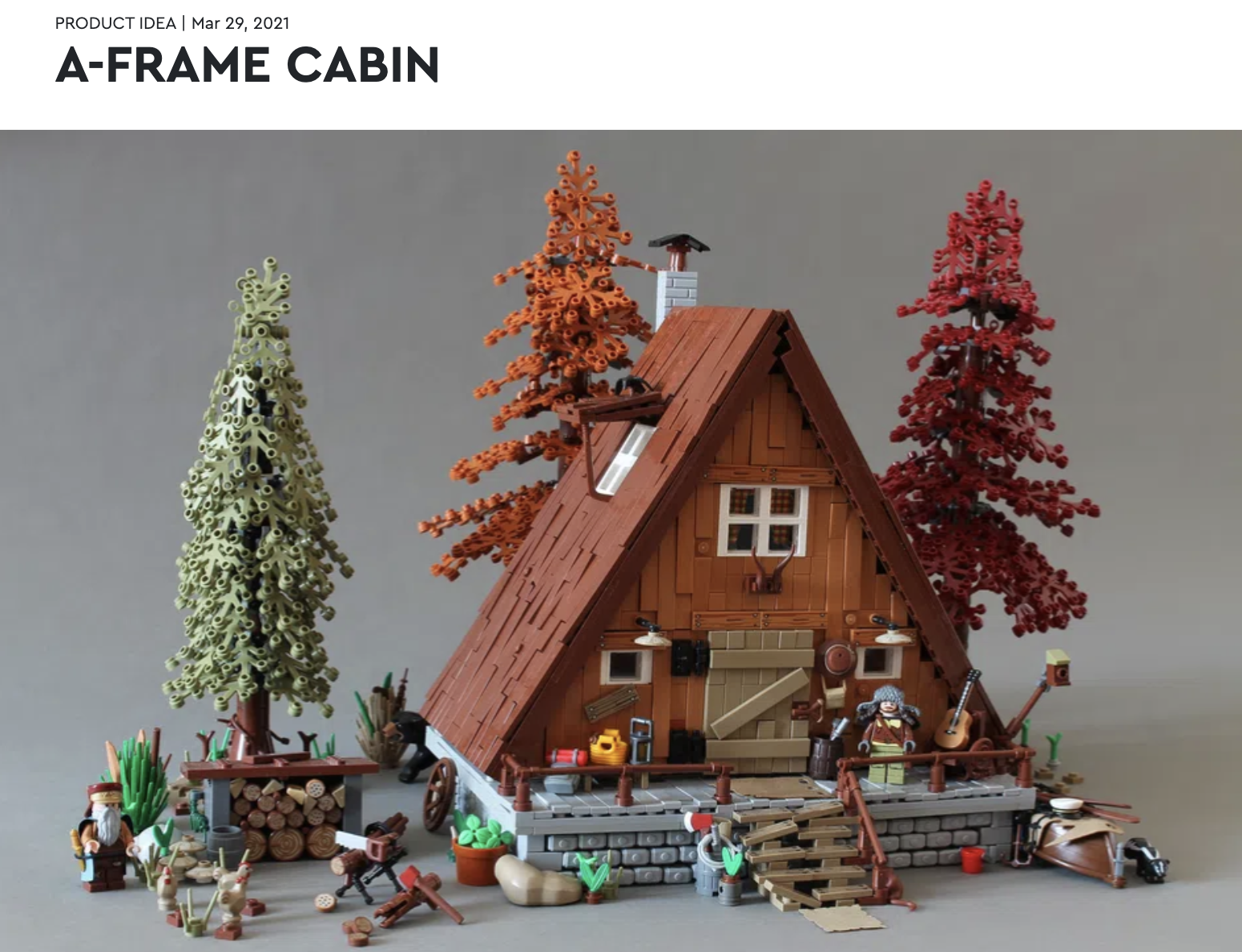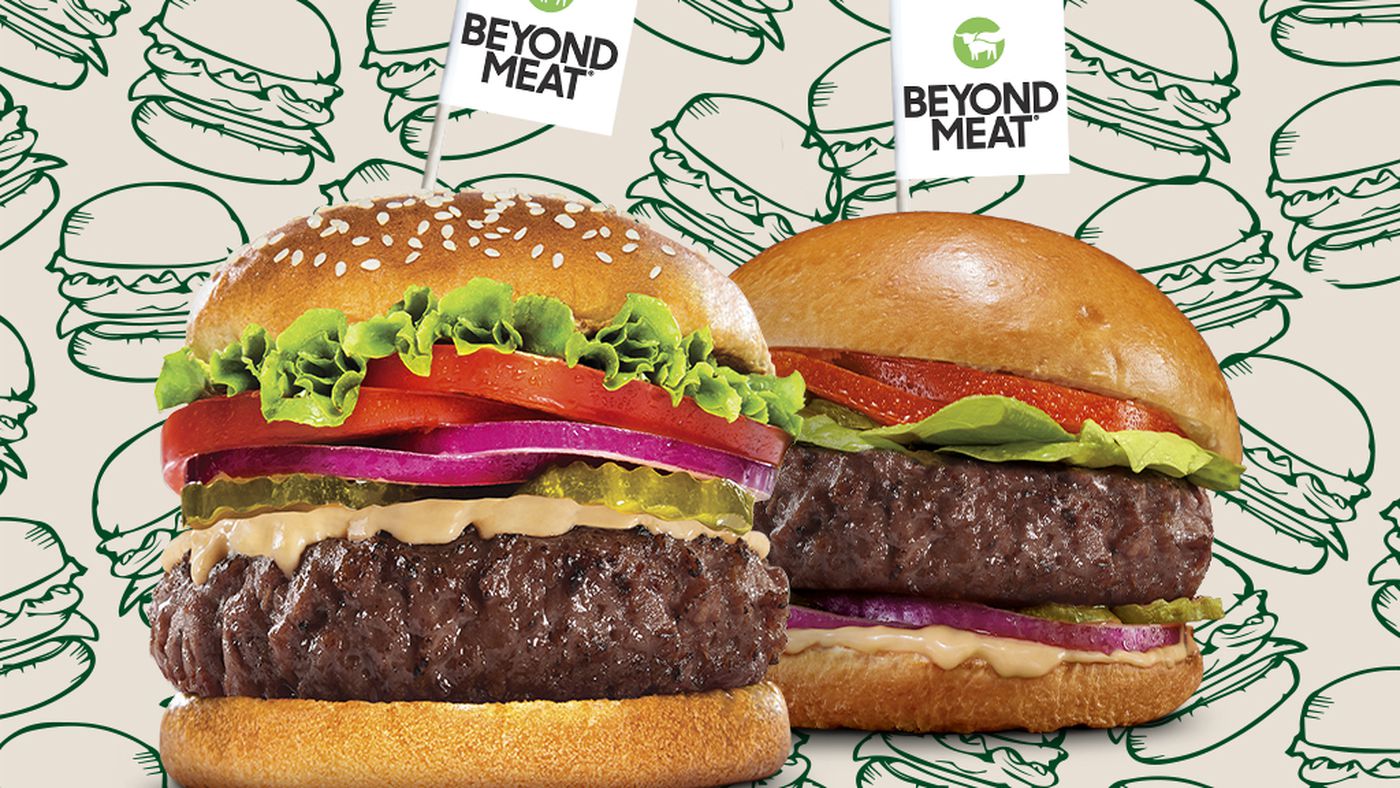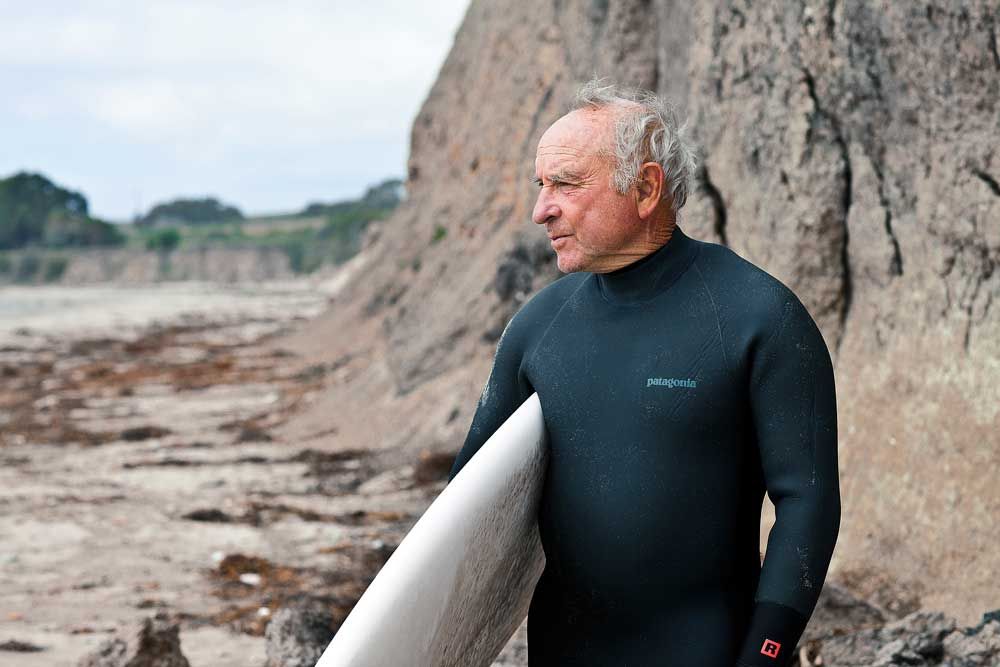At IOVIA, we know that consumers today expect different relationships with brands than in the past. They want interactive, collaborative, two-way relationships that have real impact on the world.
In fact, according to a recent BBMG/GlobeScan report, 80% of people under 30 are interested in sharing ideas with companies to help them develop better solutions to social and environmental problems. And 44% strongly agree they try to support companies and brands that have a purpose of making positive differences in society through their products, services and operations.
This shift to purpose-driven, sustainable commerce will only accelerate.
60% of people under the age of 30 want our economy restructured to deal with inequality and climate change, post-COVID (BBMG/GlobeScan).
As a result of all this, brands and consumers are now co-creating products together, collaborating on marketing content, creating formal ambassador relationships, and more – all to drive innovation and growth in a way that leads to a genuinely better world. The more committed brands are to sustainability and inclusivity, the more brand value and loyalty they create.
The bottom line is that all brands big and small now have the opportunity to rethink how they see their relationships with their customers, fans and other consumers. They have the ability to become what we call people-powered sustainable brands.
These are the five core principles shared by these brands:
1. Be radically inclusive.
True people-powered, sustainable brands are radically inclusive. After all, it’s through combining diverse perspectives that we drive innovation. The word radical is used deliberately here because the much welcome move towards inclusive businesses has also resulted in token gestures. A people-powered brand realizes that gender and racial diversity are not window dressing, but critically important for business success. That inclusivity should include everything from the team managing and marketing a brand to the messages and images it sends out. Are there brands that organically lean towards certain demographics? Sure. But even in that context (and maybe especially in that context) a brand can push hard to build an inclusive structure. It’s better for people. It’s better for business.
Relevant brand: LUSH Cosmetics. Inclusivity is a major focus for LUSH, both in how the brand looks to appeal to people from all walks of life, and in its hiring practices, which prize diversity. The company also has a major focus on ethical buying, fighting animal testing, and eliminating waste, showing the natural integration points between ‘people-powered’ and ‘sustainable’.

2. Nurture your community.
It’s undeniable. There are no people-powered brands that aren’t driven by community. In fact, more than marketing or product or anything else, community is typically the central driving force behind the success of a people-powered brand. That’s why these brands make an ongoing commitment to community. What does that look like? It means creating new ways and channels for people to connect with your brand. It means reaching out to existing ‘self-formed’ communities that exist outside of your brand’s control. And it means finding productive ways for your brand to nurture both of these community types.
Relevant brand: LEGO. The company has spent years nurturing online communities of passionate fans. They’ve been rewarded in many ways, including with LEGO Ideas, a fan-driven innovation community that consistently delivers high-performing products.

3. Be with, by and for the people.
The power in your business comes from the partnership you build with your people. They can help you with everything from designing a sustainability agenda, to product creation, to a vast swath of marketing and sales activities. Building this productive partnership is perhaps the single most important aspect of building a people-powered business. You need to consider the people you might normally think of as consumers in a different light. They are your producers of value. They are your teammates. They are in it with you. So, you need to be in it with them.
Relevant brand: Dove. The brand’s Real Beauty initiative includes a deliberate exclusion of professional models in favour of real people, presented in ways that represent their actual lived experiences. This campaign and consumer partnership has inspired thousands of people (and thousands of sales) since it was launched in 2004.

4. Do things better.
If your brand or company is causing harm – to people, communities or our planet – your brand is by definition not people-powered. You are working contrary to the larger needs and wishes of society. So, your business must strive to be sustainable. But, really, that’s just table stakes for the 2020s. The best people-powered businesses actually make things better in non-trivial ways. If your business has that value built into its core offering, great. But, if not, finding a higher purpose to integrate into your core brand purpose is valuable. And one of the best ways to do that is by partnering with your people.
Relevant brand: Beyond Meat. This plant-based brand is focused on addressing four key global issues (human health, climate change, constraints on natural resources, and animal welfare) by offering products that improve outcomes in these areas compared to traditional animal-based products.

5. Emphasize relationships, not transactions.
People-powered businesses are built on long term relationships between brands and the people they serve and partner with. And those relationships must be built with the same mutual respect and shared value as you’d have in a relationship with one of your close friends. It’s fine to offer value in return for someone’s contribution to your brand. In fact, we encourage it. But if the people contributing to your business feel that you’re exploiting them, or asking for free or underpaid labour, that’s a problem. A long-term commitment means a relationship built on more than just the transactional. Consider what you need, what the people want, and build your relationship on that strong, durable foundation.
Relevant brand: Patagonia. With a significant focus on supporting activism important to its customer base, taking ethical positions and an overall focus on building overlap between its interests and those of the people, Patagonia is one of the most participatory brands. As a result, it has some of the strongest relationships with its people.

IOVIA builds people-powered, sustainable brands. From marketing to sales to innovation, our vision is to fundamentally transform the way the world’s best brands scale through people-powered movements. Learn more about IOVIA's latest Accelerator Lab program designed for plant-based food brands here.
